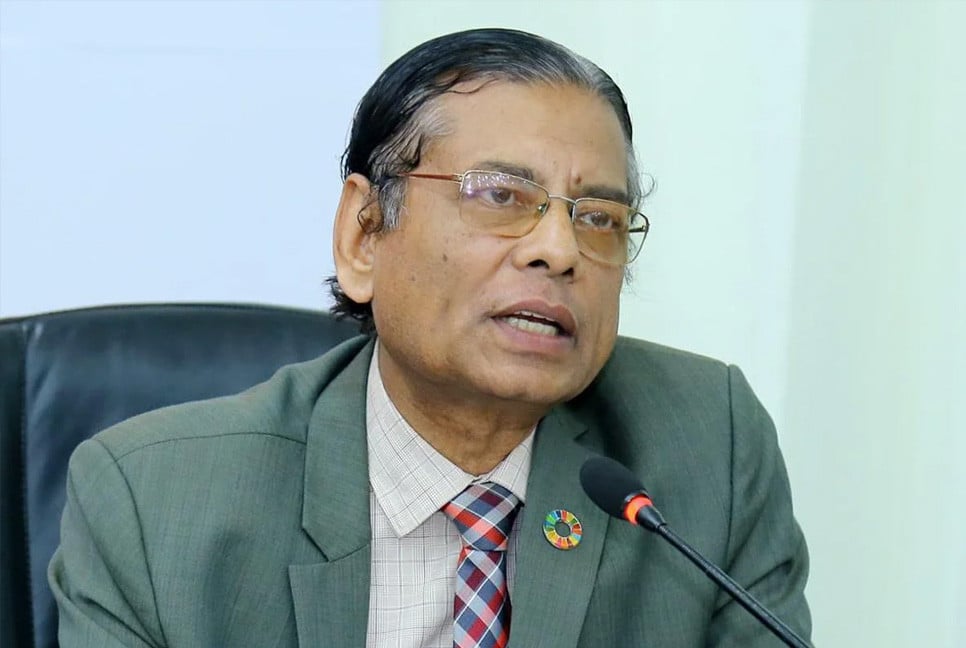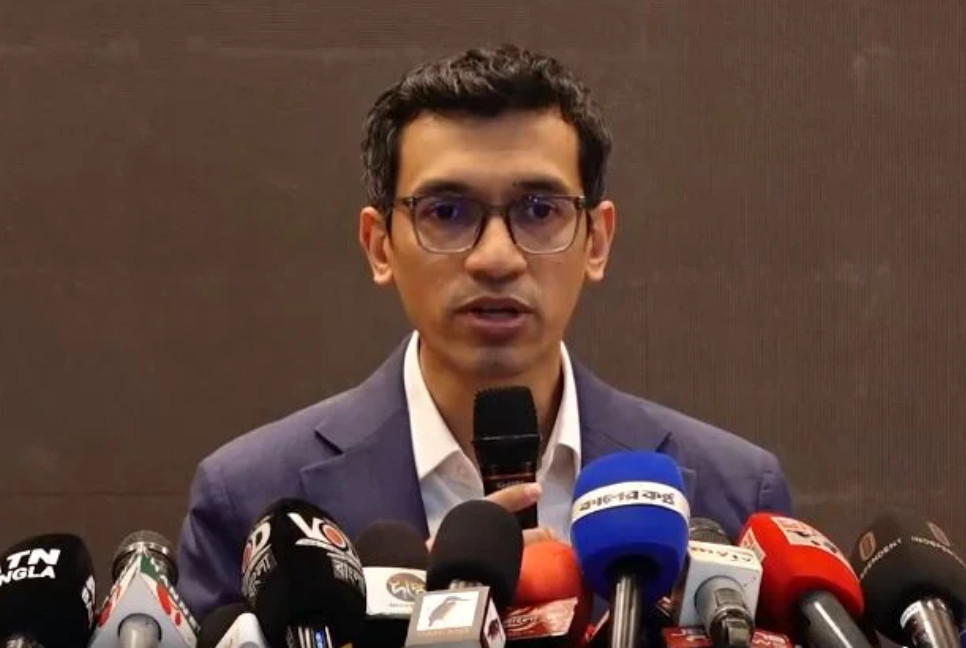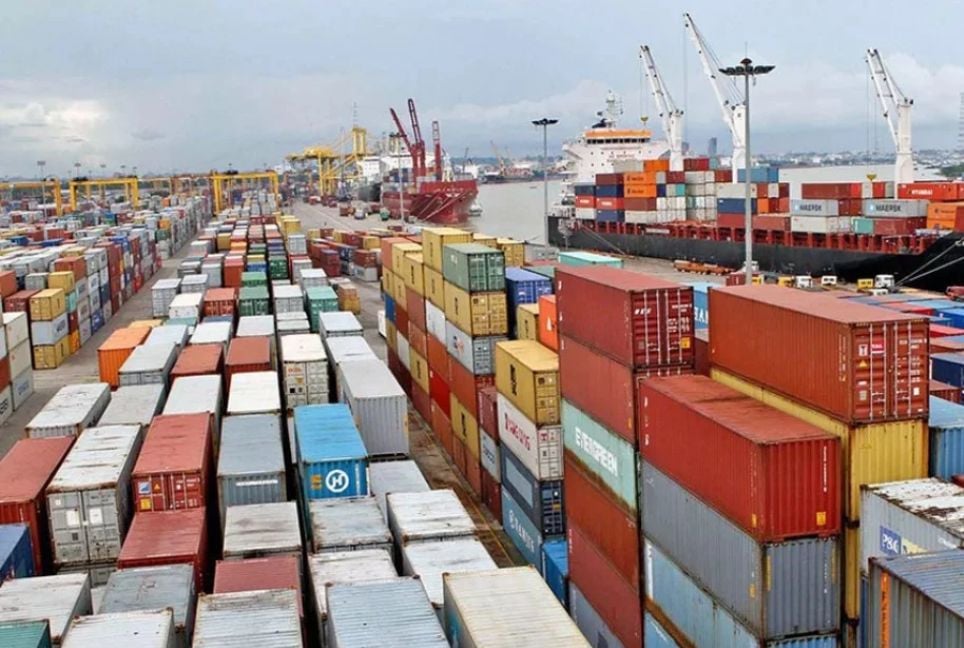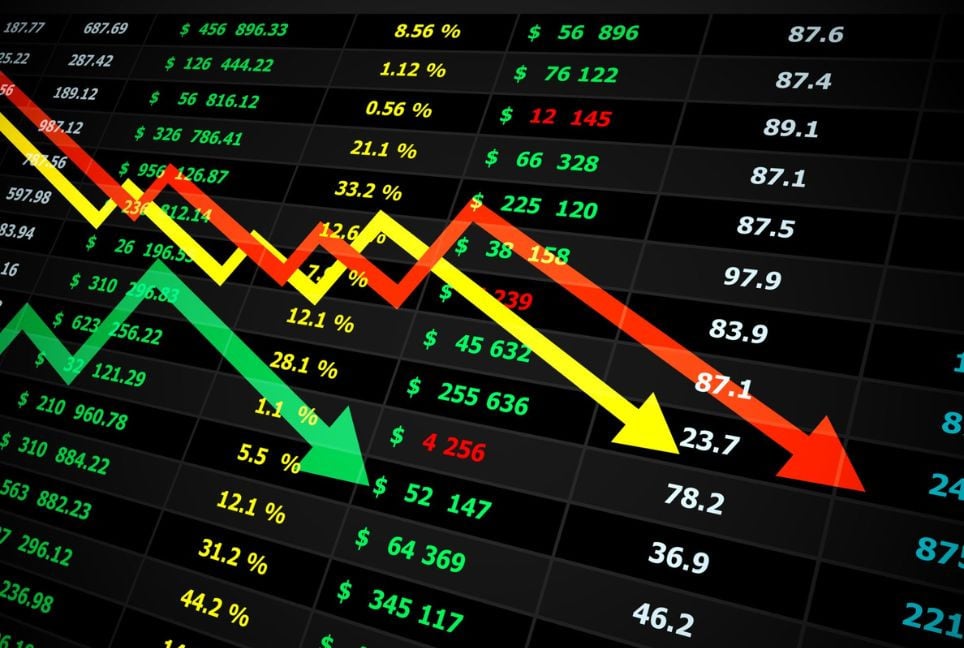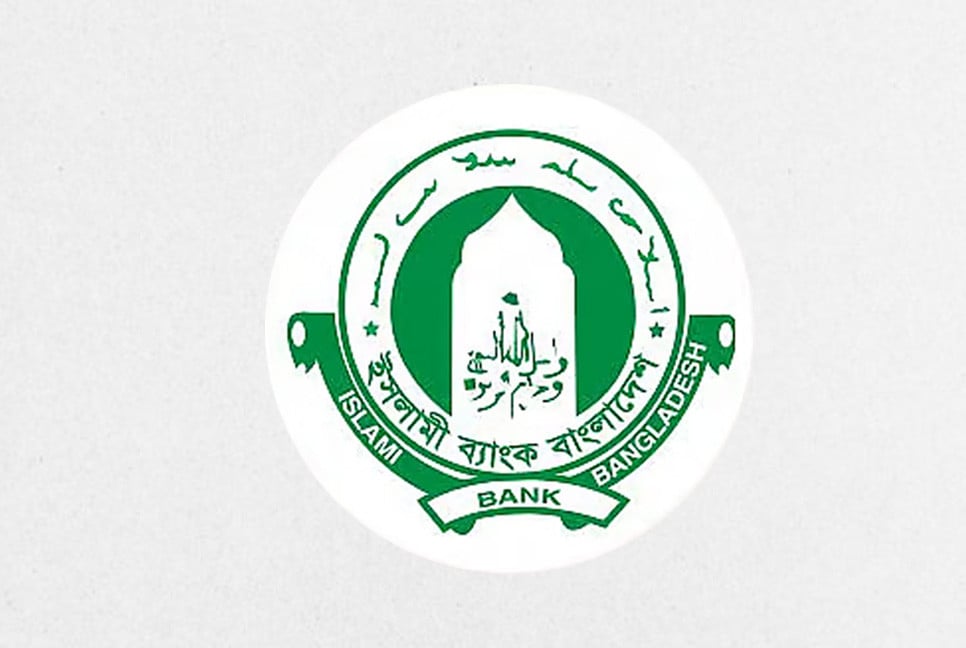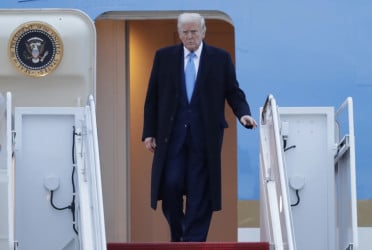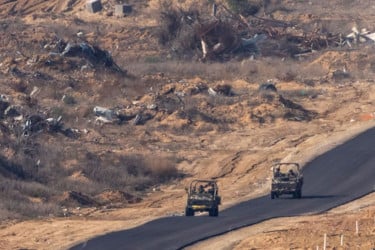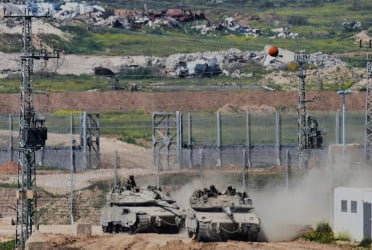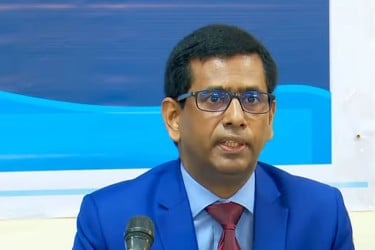The hike in the gas price will affect across financial sectors. The government has to make decisions considering our production and operating costs. We now have to pay the price for previous wrong policies.
We didn’t invest in much needed gas extraction, and exploration sector. Therefore, a big pressure has been created now, leading us to import LNG at a higher price. The problems that were accumulated earlier have brought us to this place now.
The increase in gas prices will have a negative impact everywhere including in investors, consumers, producers level.
On the other hand, the government’s ability to subsidies is also limited. So it will definitely have a negative impact on the economy, investment and quality of life. But we also understand the implications of this. There is no short-term solution to this problem.
However, we need to explore with more initiatives through BAPEX [Bangladesh Petroleum Exploration and Production Company Limited]. If we can attract investment by quickly tendering offshore in the Bay of Bengal where production sharing contracts are being made, then maybe we can get out of this situation. We need to focus on that in the medium term. But in the short term, we are forced to bear this pressure.
Even after the price hike, industrialists are not getting sufficient gas supply. New connections are not being provided, and those who have connections are also not getting gas.
We are seeing this problem at both the consumer and producer levels. There is no short-term solution to this.
But if we tackle these issues with a medium-term plan from now on, if transparency and accountability can be ensured, then we can overcome this problem. But at present, it is definitely creating pressure on all stakeholders.
Writer: Distinguished Fellow at Centre for Policy Dialogue (CPD)
Translated by Afsar Munna

